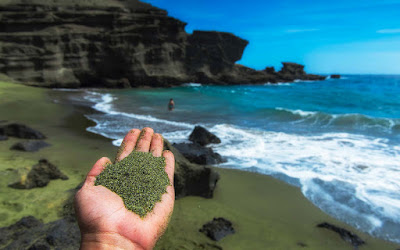Potassium, one of the 3 major sources of nutrients for plants, need not be supplied only through inorganic fertilizers. There are various organic sources of potassium that can benefit the plants in your garden hugely. Potassium, which is one of the most important nutrients for overall plant health, is available in abundance through various organic sources.
Let’s move directly to the list of various organic sources of potassium that can serve as the richest sources of potassium for your plants.
Here is also a video on the richest sources of nitrogen for your plants.
Richest sources of Potassium for your plants:
Number 1. Cucumber skins (burned): Cucumber skins are one of the fastest-releasing sources of potassium and contain 27% of potassium.
Number 2. Crab waste: Making compost with crab waste and crab shell by mixing it with leaves, and other kitchen waste, and leaving it for months, will serve as a rich source of potassium and nitrogen for your plants.
Number 3. Granite dust: The most effective but slow release source of potassium is granite dust. Since it is a natural rock it is a slow release source and is not a quick fix. Granite dust will be easily available in granite quarries and is inexpensive.
Number 4. Greensand: Greensand which is available in ancient sea beds is a rich source of a handful of nutrients and also supplies a good amount of potassium to your plants. Greensand is also available in various gardening supply stores. This releases potassium at a medium rate.
Number 5. Kelp: Kelp is a good quick-release form of potassium for your plants and is easily available in both liquid and solid forms. Kelp along with seaweed is a highly effective source of potassium for your plants.
Number 6. Clay: Kaolinite (Clay) is also one of the effective sources of potassium. Mixing some clay soil into your garden bed will help your plants widely.
Number 7. Wood ashes: Wood ash is one of the most easily available, natural sources of potash to your plants in the garden. Directly adding hardwood ash to your plants will serve as a rich source of potassium for the plants.
Number 8. Sulpomag: Sulpomag is a mined rock that is used commonly as a source of potassium for plants. Sulpomag is a combination of potassium, magnesium, and sulphur, so this needs to be used only when magnesium and sulphur are also required for your plants. Sulpomag can be used during the growing stage of your plants.
These 8 sources of potassium are natural sources that can be used for your organic garden.









